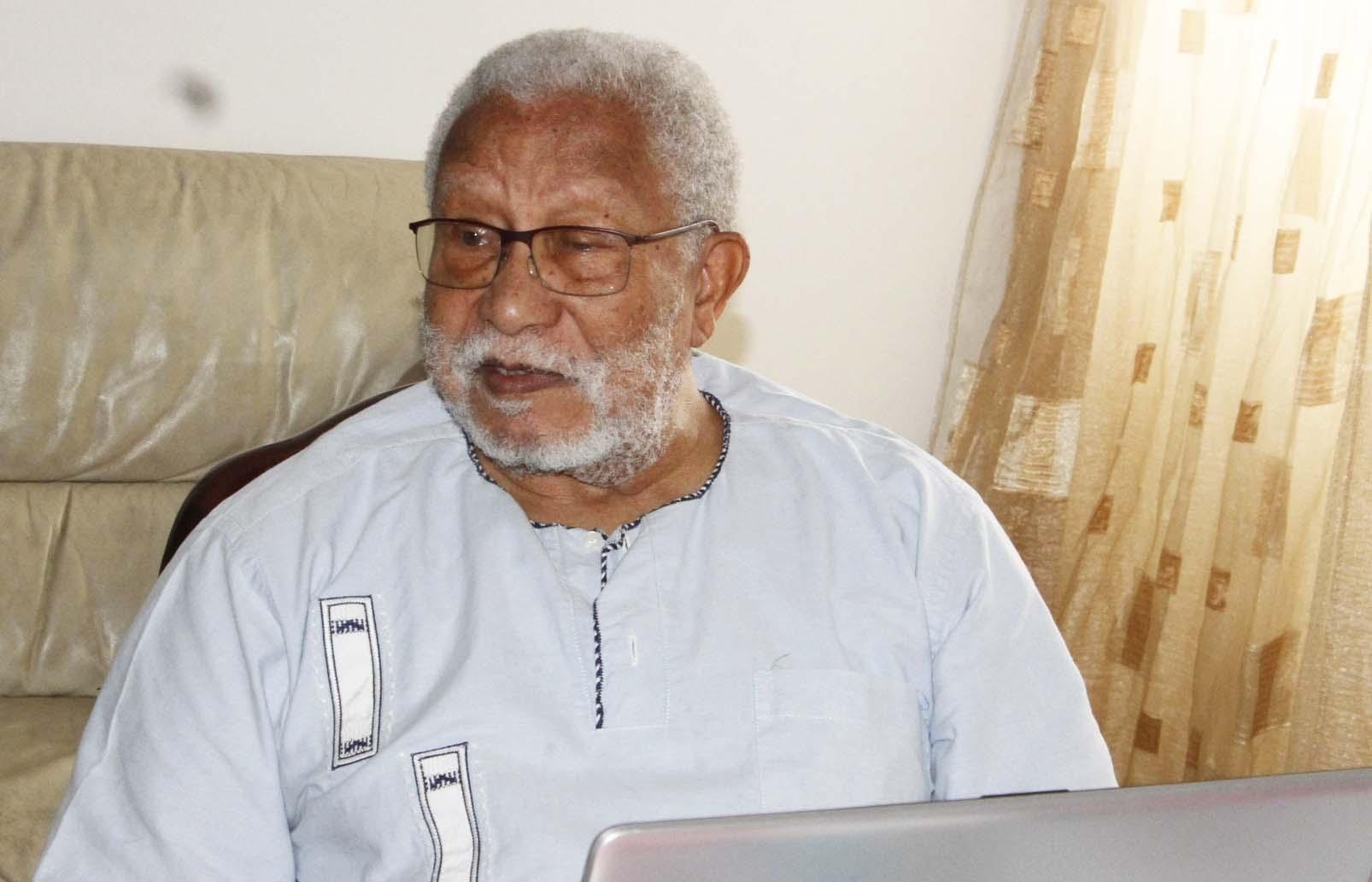Africa-Press – Angola. The Angolan writer Jacques dos Santos defended, recently, in Luanda, the revision, by the National Assembly, of the Patronage Law, in order to make it “more active”.
In an interview, the former deputy suggests that, as a way of attracting patrons, the General Tax Administration (AGT) promote studies and publicize more the tax benefits related to patronage.
He regrets the fact that, on paper, it seems “everything is beautiful”, but, in practice, the possible patrons are never present, either in the acts carried out or as patrons.
“The Patronage Law is not favorable to them in this sense. They want to realize what they gain from this gesture. But, unfortunately, they don’t see many advantages in their participation as patrons or patrons, they need to see (resolved) the issue of tax advantages, taxes”, he justifies.
Recently, the Angolan Academy of Letters promoted, in Luanda, the ‘Meeting on the Patronage Law: Promotion and Enhancement of Culture and Arts’, with the aim of bringing to public discussion the constraints that have led to the non-application of the law .
In a statement, the Academy presents ‘relevant’ subsidies that can contribute to multiplying the existence of more patrons in support of creators, researchers and other sectors provided for by law.
The meeting called for the revision and updating of the Patronage Law, making it less bureaucratic and more attractive for patrons, artists, social researchers and cultural promoters.
In Angola, the implementation of Patronage as a public policy stems from the Cultural Policy of the Republic of Angola, approved by Decree 15/11, of January 11, which takes the form of law, pursuant to Law no 8/12, with the designation of Patronage Law.
The said law, in its different stages, was shaped and accompanied the tax reform in Angola. However, it cannot keep up with the changeable nature of the tax system, nor adapt to the successive changes and legislative revisions operated by the tax legislation since 2012.
Potential patrons consider that the Code of Tax Benefits is not attractive enough with regard to Patronage, as Patronage sees up to 40% deducted from the taxable amount on services, funds or donated goods.
Thus, the Maecenas will be in charge of the remaining 60%, which, in his opinion, is not sufficiently motivating to promote philanthropy among people and companies.
For More News And Analysis About Angola Follow Africa-Press






